The Benefits of Choosing Vinyl Windows for Energy Efficiency and Long Lasting Durability
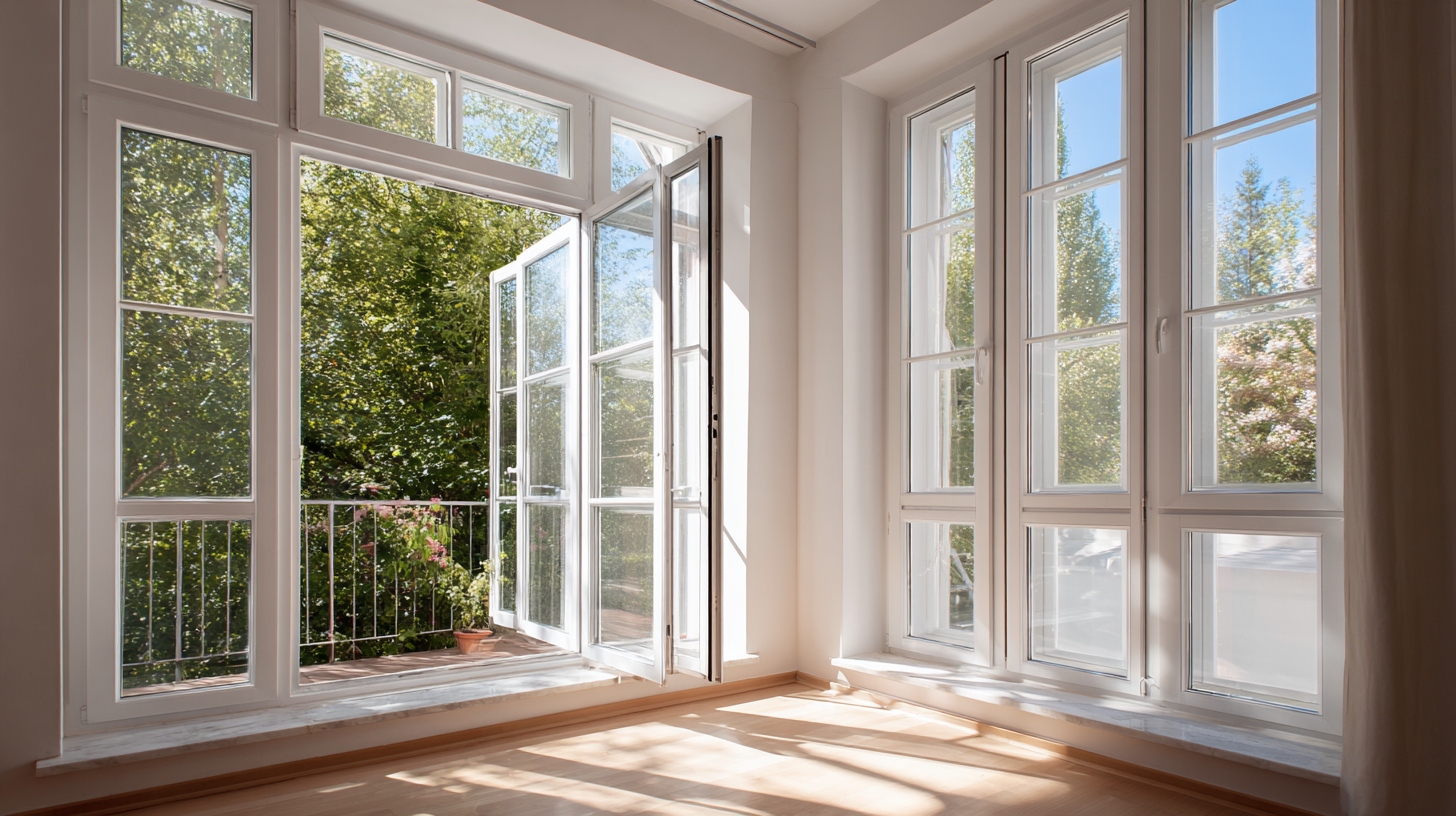 Vinyl windows have become increasingly popular among homeowners seeking energy-efficient and durable solutions for their homes. As they continue to gain traction in the market, the benefits of these windows are becoming more apparent. In an era where energy conservation and sustainability are paramount, vinyl windows stand out for their exceptional insulating properties, which help to reduce energy bills and create a comfortable living environment year-round. Additionally, their resistance to various environmental factors, such as moisture and extreme weather conditions, ensures long-lasting durability that often surpasses traditional window materials. Selecting vinyl windows not only enhances the aesthetic appeal of a home but also contributes to a more sustainable lifestyle. This article explores the numerous advantages of choosing vinyl windows, showcasing why they are often considered the best investment for both energy efficiency and resilience.
Vinyl windows have become increasingly popular among homeowners seeking energy-efficient and durable solutions for their homes. As they continue to gain traction in the market, the benefits of these windows are becoming more apparent. In an era where energy conservation and sustainability are paramount, vinyl windows stand out for their exceptional insulating properties, which help to reduce energy bills and create a comfortable living environment year-round. Additionally, their resistance to various environmental factors, such as moisture and extreme weather conditions, ensures long-lasting durability that often surpasses traditional window materials. Selecting vinyl windows not only enhances the aesthetic appeal of a home but also contributes to a more sustainable lifestyle. This article explores the numerous advantages of choosing vinyl windows, showcasing why they are often considered the best investment for both energy efficiency and resilience.
Key Reasons Vinyl Windows Enhance Energy Efficiency
Vinyl windows are gaining popularity due to their impressive energy efficiency features. One of the key reasons they enhance energy performance is their superior insulation properties. Unlike traditional materials such as wood or aluminum, vinyl has a low thermal conductivity, meaning it does not easily transfer heat. This quality helps maintain a comfortable indoor temperature by keeping warm air inside during the winter and blocking heat during the summer. As a result, homeowners can enjoy reduced heating and cooling costs throughout the year.
Additionally, vinyl windows are designed with multi-chambered frames, which further act as barriers against heat loss. This design creates air pockets that improve insulation, helping to minimize energy expenditure. Moreover, many vinyl windows come with energy-efficient glazing options, such as Low-E coatings, that reflect harmful UV rays while allowing natural light to enter. This combination of materials and technology not only contributes to a home's energy efficiency but also supports sustainable living practices, making vinyl windows an ideal choice for environmentally conscious homeowners.
Top 5 Features That Make Vinyl Windows Durable
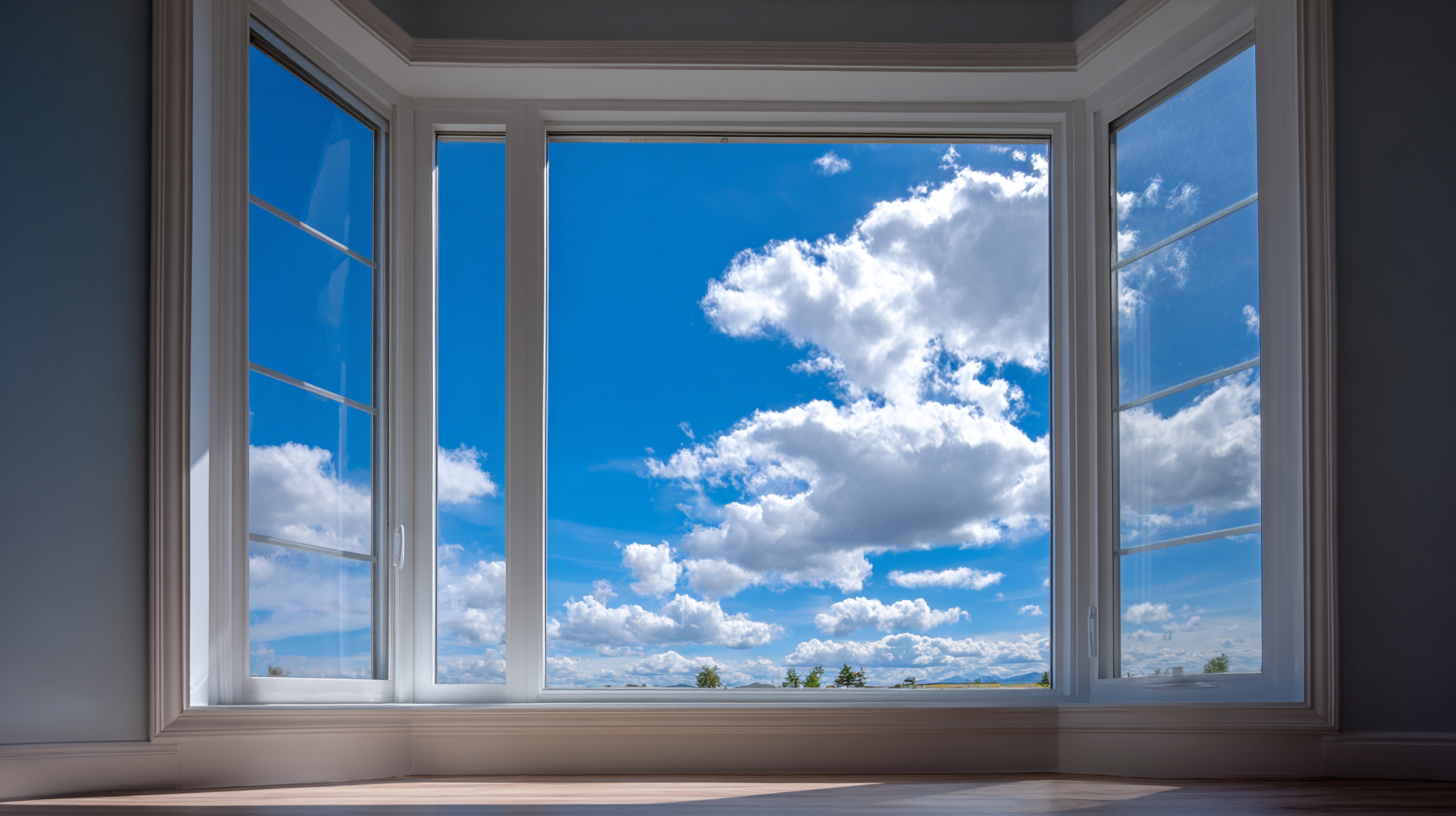 Vinyl windows are a popular choice for homeowners looking to enhance both energy efficiency and durability in their homes. One of the standout features of vinyl windows is their resistance to weather conditions. Unlike wood or metal frames, vinyl does not rot, warp, or corrode when exposed to moisture, extreme temperatures, or harsh sunlight, ensuring they maintain their shape and functionality for many years. This robustness makes them an ideal option for any climate, allowing homeowners to save on maintenance and replacement costs.
Vinyl windows are a popular choice for homeowners looking to enhance both energy efficiency and durability in their homes. One of the standout features of vinyl windows is their resistance to weather conditions. Unlike wood or metal frames, vinyl does not rot, warp, or corrode when exposed to moisture, extreme temperatures, or harsh sunlight, ensuring they maintain their shape and functionality for many years. This robustness makes them an ideal option for any climate, allowing homeowners to save on maintenance and replacement costs.
Another significant feature contributing to the durability of vinyl windows is the use of high-quality, impact-resistant materials. This construction not only provides insulation but also enhances the windows' ability to withstand physical impacts. Additionally, vinyl windows are available in a variety of colors and finishes, which are designed to resist fading and peeling. This inherent toughness means that they can retain their aesthetic appeal over time without extensive upkeep. Lastly, the fusion-welded frames create a sealed barrier against air and water infiltration, further improving their long-lasting performance while enhancing energy efficiency.
Comparative Analysis: Vinyl Windows vs. Other Materials
When it comes to selecting window materials, vinyl windows often stand out due to their remarkable energy efficiency and longevity. Unlike traditional materials like wood or aluminum, vinyl windows offer superior insulation properties. This means they can significantly reduce heating and cooling costs, making your home more energy-efficient. Additionally, they are less prone to warping or rotting compared to wood, while also resisting condensation and rust like aluminum.
**Tips:** When shopping for vinyl windows, consider the Energy Star rating, which can help you identify models that maximize energy savings. Look for modular designs that make installation easier and ensure that the frames are reinforced for additional durability.
Moreover, vinyl windows are available in a variety of styles and colors, allowing homeowners to enhance their property’s aesthetics without compromising on function. In comparison, wood windows require regular maintenance and repainting, while aluminum frames may not provide the same level of thermal insulation. Choosing vinyl not only offers a hassle-free solution but also adds value to your home over time.
**Tips:** Always request a warranty when purchasing vinyl windows, as this will guarantee their quality and longevity. It's essential to research different brands to find one that provides the best balance of cost, energy efficiency, and durability.
The Benefits of Choosing Vinyl Windows for Energy Efficiency and Long Lasting Durability
| Feature | Vinyl Windows | Wood Windows | Aluminum Windows | Fiberglass Windows |
|---|---|---|---|---|
| Energy Efficiency | High (Lower U-value) | Moderate (Higher U-value) | Very Low (Higher thermal conductivity) | High (Good thermal performance) |
| Durability | Excellent (Resistant to rotting and warping) | Good (Can warp and rot over time) | Moderate (Prone to denting and corrosion) | Excellent (Highly strong and stable) |
| Maintenance | Low (Easy to clean, no repainting) | High (Requires regular painting/staining) | Moderate (Needs occasional cleaning and care) | Low (Minimal upkeep is required) |
| Cost | Moderate (Affordable up-front costs) | High (Often more expensive) | Moderate (Variable pricing) | High (Higher initial investment) |
| Aesthetic Options | Good (Variety of styles and colors) | Excellent (Timeless aesthetic appeal) | Moderate (Limited design options) | Good (Variety, but less traditional) |
Cost-Effectiveness of Vinyl Windows Over Time
Vinyl windows have gained popularity not only for their aesthetic appeal but also for their cost-effectiveness over time. One of the main advantages of choosing vinyl is its durability, which translates into less frequent replacements and repairs. Unlike other materials that may warp, crack, or rust, vinyl windows are designed to withstand harsh weather conditions, making them a wise long-term investment. This resilience means homeowners spend less on maintenance, allowing them to allocate their budgets to other home improvement projects.
Another crucial aspect of vinyl windows is their energy efficiency. With advanced insulation properties, they help reduce heating and cooling costs significantly. The initial investment may be higher than some alternatives, but the savings on energy bills quickly accumulate, offsetting the upfront costs. In addition, many vinyl windows come with warranties that further safeguard your investment, ensuring that you won’t face unexpected expenses due to manufacturing defects. Overall, the combination of durability and energy efficiency makes vinyl windows a financially sound choice for homeowners looking to enhance their property’s performance and longevity.
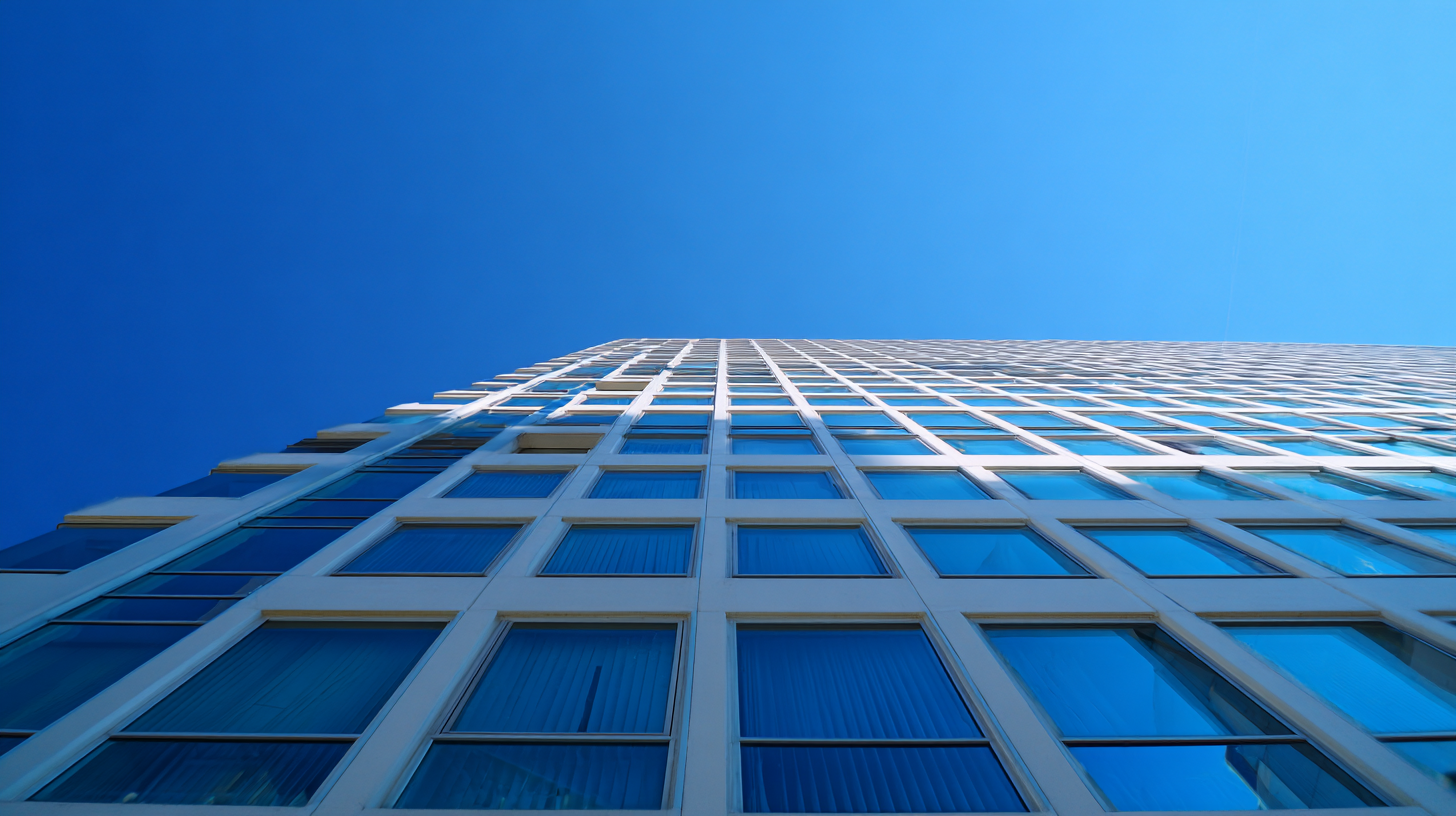
Sustainable Benefits of Choosing Vinyl Windows for Homes
Vinyl windows have increasingly gained popularity among homeowners due to their sustainable benefits. Made from PVC, these windows are not only durable but also energy-efficient. This material can significantly reduce the carbon footprint of a home by maintaining temperature, which minimizes heating and cooling demands. As a result, homeowners can enjoy lower energy bills while contributing to environmental conservation.
Furthermore, the longevity of vinyl windows adds to their sustainability. Unlike traditional wooden windows that require regular maintenance and can degrade over time, vinyl windows resist fading, warping, and peeling. This durability means fewer replacements over the years, leading to less waste in landfills.
Additionally, many manufacturers of vinyl windows are now incorporating recycled materials in their production processes, further enhancing their eco-friendly profile. By choosing vinyl windows, homeowners not only invest in their comfort but also play a role in promoting a more sustainable future.
Related Posts
-
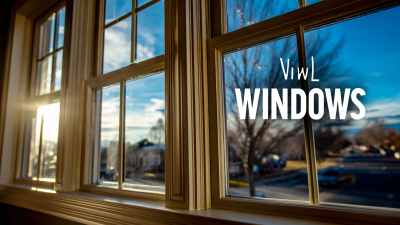
Choosing Top Quality Manufacturers for Best Vinyl Windows A Comprehensive How to Guide
-
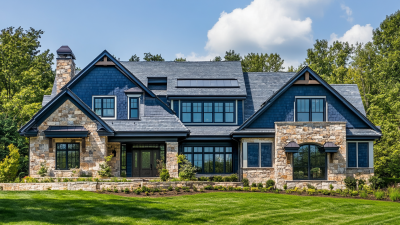
What Are the Benefits of Choosing Pella Replacement Windows for Your Home?
-
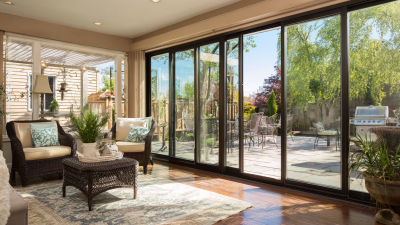
How to Choose the Best Glass Patio Doors for Energy Efficiency and Style
-
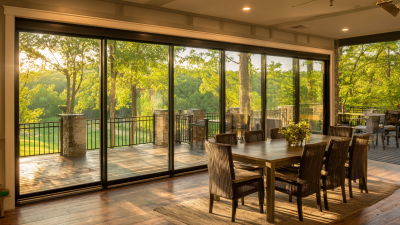
The Ultimate Guide to Choosing the Best Patio Doors for Energy Efficiency and Style
-
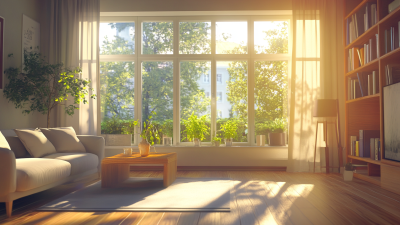
Transform Your Living Space with Innovative Home Windows: A Global Procurement Perspective
-

Unmatched Quality of Best House Windows from Leading Chinese Manufacturers


